Want to be in the loop?
subscribe to
our notification
Business News
REVISED RULES SET TO EXPAND OPTIONS FOR OVERSEAS NATIONALS TO OWN PROPERTY
New laws for next year are expected to help increase remittances into Vietnam, particularly towards the real estate sector.
According to real estate law expert Nguyen Van Dinh, new laws coming into effect in 2025 will allow Vietnamese nationals residing abroad to carry out real estate business and own property the same as Vietnamese.
“Overseas Vietnamese will be allowed to invest in building houses and construction projects for sale, lease, or lease purchase, and investing in the technical infrastructure in real estate projects for transfer, lease, and subleasing land use rights that already have technical infrastructure,” said Dinh.
However, he added that those of Vietnamese origin residing abroad who are not Vietnamese citizens were only allowed to do real estate business according to the current law.
“Meanwhile, the new Land Law states that Vietnamese nationals residing abroad who are Vietnamese citizens have full rights related to land, not only rights to residential land, like Vietnamese citizens already in the country,” Dinh said.
The provisions of the related laws that have been passed, on land, housing, and real estate, create a unified and synchronised approach to ensure that overseas Vietnamese still retain Vietnamese nationality and have land use rights and real estate business rights like domestic citizens, thus showing that overseas Vietnamese are an inseparable part of the Vietnam.
According to the provisions of the previous Land Law, overseas Vietnamese who are eligible to own housing in Vietnam could only receive transfer of residential land use rights through the form of purchase, lease-purchase, inheritance, or donation of housing attached to the land use rights or receive residential land use rights in housing development projects only.
This regulation leads to restrictions on the right to transfer, donate, and inherit residential land outside of housing development projects, and the right to build and own houses on residential land outside of housing development projects.
Lawyer Nguyen Van Hau, deputy chairman of the Ho Chi Minh City Bar Association, said that with the new regulations, it would be easier for overseas Vietnamese to own real estate in the country. “Previously, although regulations allowed overseas Vietnamese to buy real estate in Vietnam, many had to authorise their relatives to be the owner of the property. Because of concerns about complicated procedures and regulations, many overseas Vietnamese hesitate to buy real estate in the country,” Hau said.
“This amendment has created equality between domestic individuals and overseas Vietnamese in terms of investing and doing real estate business. When buying a house and having the rights like domestic citizens, they will transfer remittances to invest and buy a house in Vietnam. Thus, the real estate market will have a great demand from overseas Vietnamese individuals for high-end housing in the market now.”
More than $19 billion in remittances flowed into Vietnam last year, a similar figure to 2022. It is forecast that in 2024, remittances will increase by about 20 per cent compared to last year.
Since 2012, the amount of remittance sent to Vietnam has generally reached over $10 billion per year, of which about one-quarter is poured into real estate.
Le Tien Vu, general director of Cat Tuong Land Real Estate Trading JSC said that houses and land plots were a solid and durable segment, attracting the most remittances.
“Housed attached with land have great accumulated value, especially in times of crisis, so land-based real estate products such as land plots, townhouses, and completed commercial townhouses will be attracted by overseas Vietnamese due to their strong financial source,” Vu said.
Meanwhile, Mai Hai, a real estate broker, said that the populous market and high profits are considered attractive for remittance to pour into Vietnamese real estate. “The rate of overseas Vietnamese buying houses in Vietnam is increasing. Vietnam’s rental profit is also quite attractive, from 5 to 7 per cent, higher than developed markets like Australia or the US,” Hai said.
According to the Business Association of Overseas Vietnamese, in the future, the number of remittances will be abundant because the Vietnamese community abroad is increasing in both quantity and number of territories.
The number of Vietnamese people living abroad, which was about 2.7 million in 2004, has now tripled to about 7 million in 109 countries and territories around the world.
About 80 per cent of overseas Vietnamese live and work in developed countries such as the United States, Australia, Canada, and France, and more than half a million work through labour export programmes, or while studying abroad.
Source: VIR
Related News

PRACTICAL CONSTRUCTION WORK
At Phuc Vuong, we do not focus on talking about our capabilities. Instead, every project currently under construction serves as the clearest and most direct proof. From site preparation, piling works, and foundation construction to structural works and major items, our technical team remains closely involved on site, monitoring every detail.
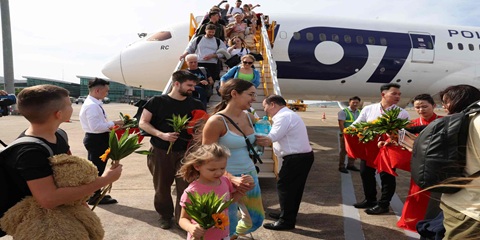
INTERNATIONAL ARRIVALS TO PHU QUOC AT RECORD HIGH
On January 17, Phu Quoc International Airport handled 47 international flights in a single day, the highest level since the airport began operations. Earlier, on January 3, the airport had already set a new record with 46 international flights in one day. Notably, the surge was not confined to a few peak days. International arrivals were maintained at a high level throughout January, pointing to a more sustained and stable expansion of the international travel market to the island.
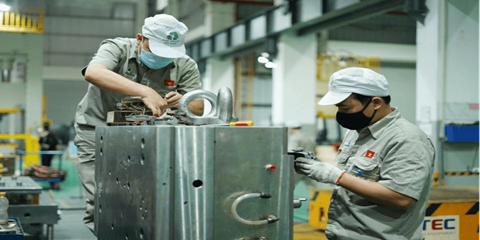
VIETNAM PUTS SCIENCE, TECHNOLOGY AT CENTER OF 2026 GROWTH STRATEGY
Vietnam will make science and technology, innovation and digital transformation the core drivers of economic growth in 2026, under a Government resolution guiding this year’s socio-economic development and budget implementation. The direction is set out in Resolution No. 01 on key tasks and solutions for 2026, reported the Government news website (baochinhphu.vn).
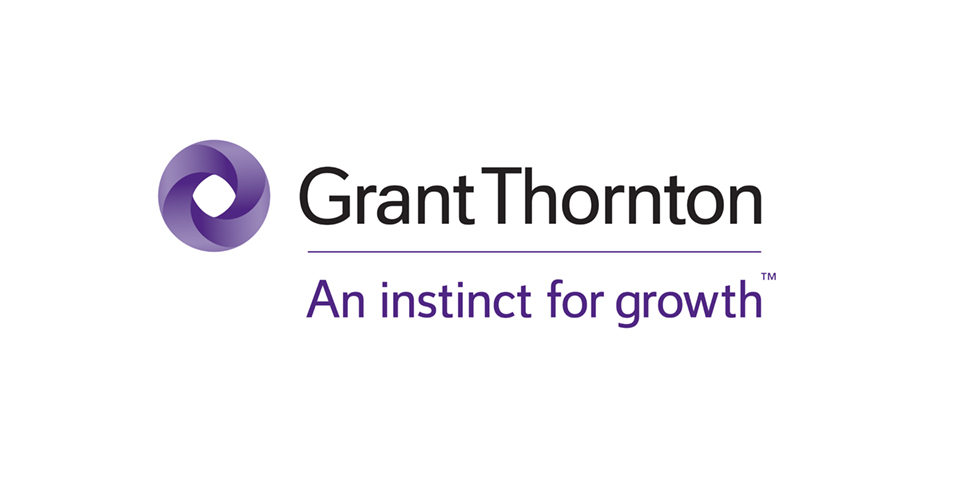
VIETNAM ECONOMIC NEWS INSIGHT & RECAP - DECEMBER 2025
Vietnam closed 2025 with an impressive economic performance, exceeding initial targets and demonstrating the resilience of its growth model. Full-year GDP expanded by 8.02% supported by a combination of government-led stimulus, stable domestic production and consumption, and continued strength in key export sectors amid ongoing external uncertainties.
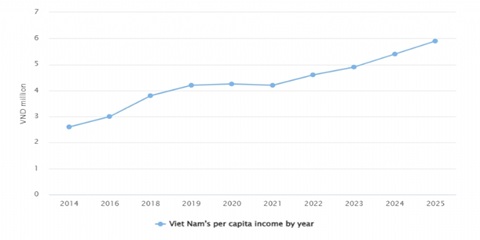
PER CAPITA INCOME CLIMBS 9.3% IN 2025
Average per capita income in 2025 was estimated at VND5.9 million (approximately US$225) per month, marking a 9.3 percent increase from 2024, according to preliminary findings of the Household Living Standards Survey 2025 conducted by the National Statistics Office (NSO). Part of the income growth stemmed from State payments to public officials and employees who retired or resigned under the restructuring of the political system's organizational apparatus.
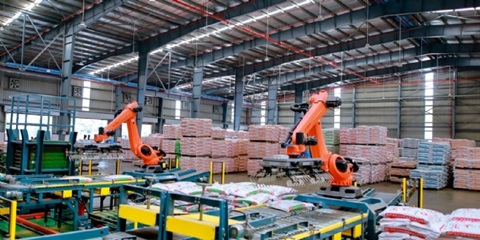
INDUSTRY AND TRADE SECTOR MAINTAINING GROWTH MOMENTUM, FORGING SUSTAINABLE DEVELOPMENT
In 2025, Hai Phong City benefited from significant opportunities created by an expanded development space following administrative consolidation, while also facing challenges in maintaining stable and efficient administrative operations and sustaining strong economic growth amid ongoing global volatility. Within this context, the industry and trade sector continued to serve as an important driving force for the city’s overall economic growth.
























